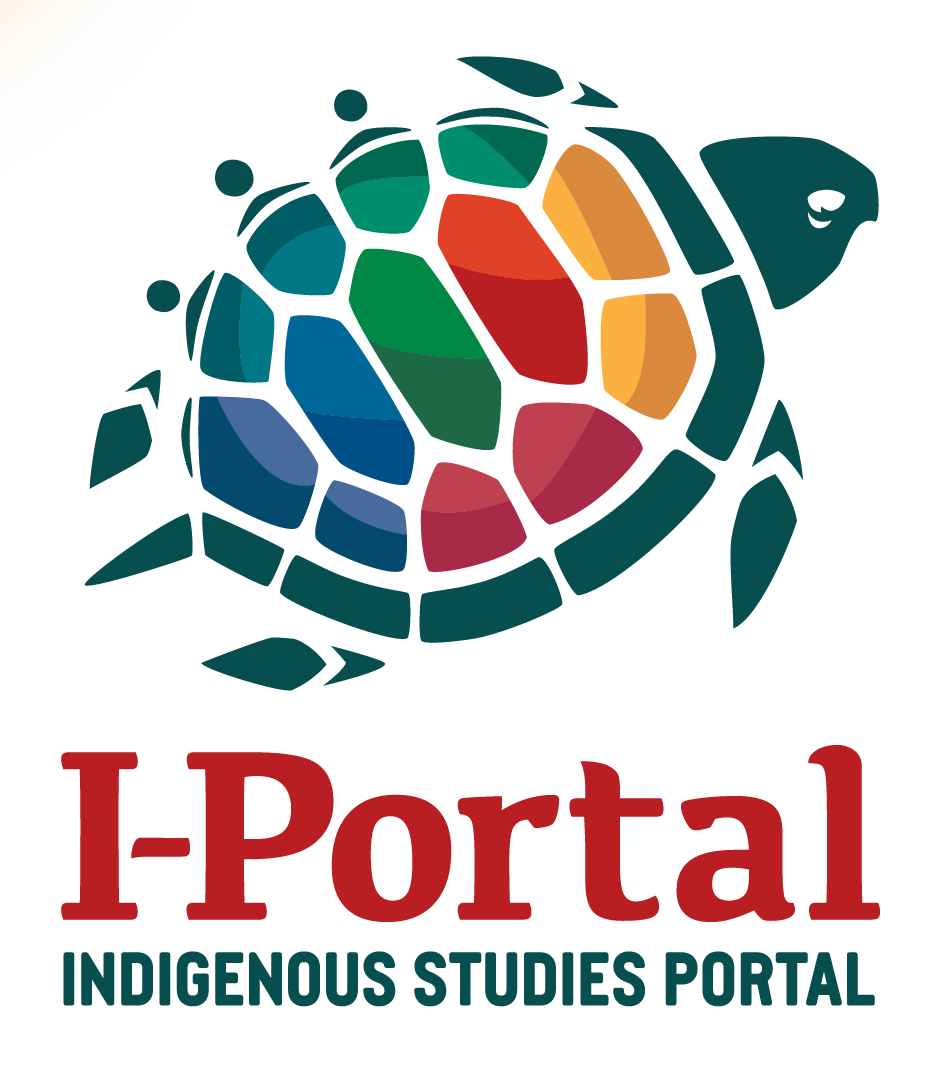Saami Ethnoecology: Resource Management in Norwegian Lapland [Volumes I-III]
Alternate Title
Sami Ethnoecology: Resource Management in Norwegian Lapland [Volumes I-III]
Theses
Author/Creator
Myrdene Anderson
Description
Thesis (Ph.D.)--Yale University, 1978.
